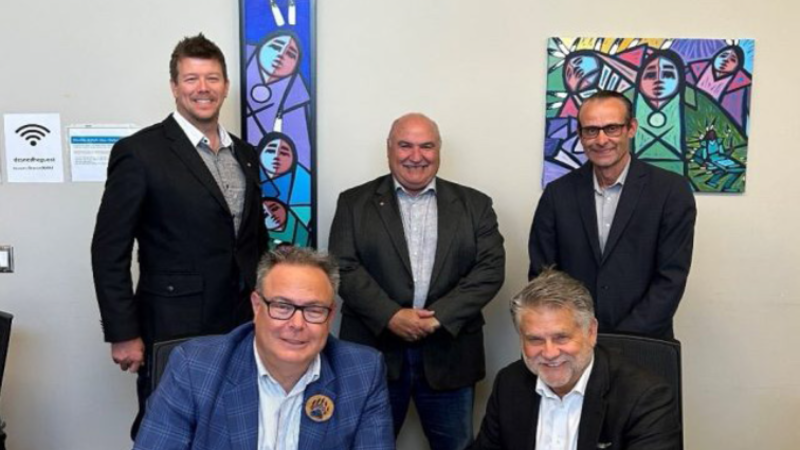Free Speech as a Bastion of Universities
The recent debacle at the University of Saskatchewan with regard to TransformUS, designed to counteract the anticipated 44.5 million dollar deficit projected for 2016, raises a question as to the level of student involvement in this process.
What is the knowledge-base of the student body as a whole about the administration’s vision of reorganization, cut-backs and amalgamation? Is this vision adequately shared and open, exposed and clear enough to students generally not involved in ‘politics’ of university economics? What about their freedom of thought, belief and expression? Are they able to express themselves without suffering a similar fate as Professor Robert Buckingham who was fired from his administrative position and removed from the university property for expressing his disapproval with cuts and ‘downsizing’?
Free speech and academic freedom are supposed to be bastions of universities, to discuss and debate ideas. It’s about creating new ideas and ways of doing things better. And it’s all geared towards progress in a free and democratic society. Students are an important pillar on which decisions should stand.
The mere status of being university students means that they are immersed in an environment that is supposed to value freedom of thought, belief, and expression. What better people to look to for partnering solutions, especially decisions impacting their lives?


